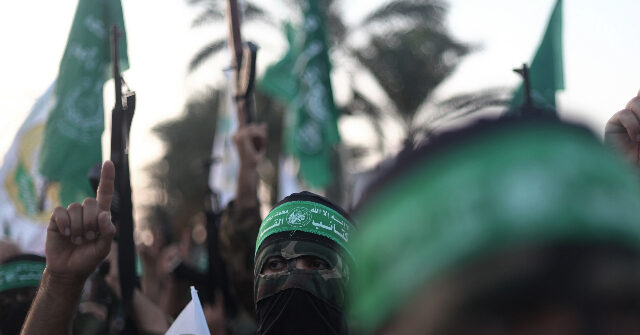On a recent CBS broadcast, host Vladimir Duthiers addressed the issue of humanitarian aid in Gaza with IDF Spokesman Maj. Doron Spielman. Duthiers expressed concern regarding the distribution of aid, particularly how Israel is ensuring that assistance is reaching civilians and not falling into the hands of terrorist organizations like Hamas. He pointed out the increasing pressure from the United States on Israel to facilitate more aid to innocent civilians, including children, amidst ongoing conflict. Duthiers emphasized the need for transparency in the process to assure the American public that humanitarian efforts are genuinely addressing the needs of those trapped in Gaza.
In response, Maj. Spielman acknowledged the seriousness of U.S. concerns and reiterated Israel’s commitment to the welfare of Gazan civilians. He highlighted that Israel has sent thousands of tons of aid since the onset of the conflict, including over 60 trucks on the day of the interview. Spielman noted, however, that the situation in Gaza is incredibly challenging, largely due to the actions of Hamas, which aims to control and exploit humanitarian aid for its own purposes. This ongoing struggle complicates the distribution of aid and hinders the efforts to effectively meet the needs of those in distress.
Spielman further elaborated on the difficulties faced by humanitarian agencies operating in Gaza, including United Nations bodies. He expressed that many such organizations have not been effective in their roles, complicating the distribution of aid to those who need it most. The IDF spokesman underscored the importance of addressing the dual threat of terrorism and humanitarian needs, implying that while Israel is trying to support civilians, Hamas’s influence continues to pose significant obstacles. He also suggested that the humanitarian crisis has, in part, been exacerbated by the tactics employed by Hamas leaders, including orchestrating situations that could lead to international pressure on Israel.
The conversation underlined the delicate balance Israel must maintain in its operations within Gaza. While striving to provide humanitarian aid, the IDF must simultaneously prevent Hamas from exploiting these resources. Spielman acknowledged the moral complexity of the situation, indicating that the overarching goal remains the protection of innocent lives. His comments suggest a recognition of the dire humanitarian situation and an intention to alleviate suffering, albeit within a context heavily influenced by ongoing military and terrorist activities.
Ultimately, the dialogue between Duthiers and Spielman reflects a broader discourse on the Israeli-Palestinian conflict and the challenges inherent in humanitarian efforts within a war zone. The focus on U.S. foreign policy and its implications for Israel’s military support highlights the intertwined nature of international diplomacy and humanitarian concerns. The pressures on Israel from external entities like the U.S. are evident, as is the domestic criticism the Israeli government faces concerning its approach to Gaza. This multifaceted discussion illustrates the complexity of delivering humanitarian aid in an environment fraught with tension and loyalty conflicts.
In summary, the interview between CBS’s Vladimir Duthiers and IDF’s Maj. Doron Spielman sheds light on the intricate issues surrounding aid delivery in Gaza. With U.S. pressure mounting for increased aid access, Spielman’s responses indicate Israel’s awareness of these concerns while also indicating the formidable challenges posed by Hamas’s actions in the region. Despite the ongoing difficulties in providing for the civilian population, Israel’s commitment to humanitarian objectives remains evident, highlighting the urgent need for a more effective and compassionate approach to aid distribution amidst ongoing conflict.

